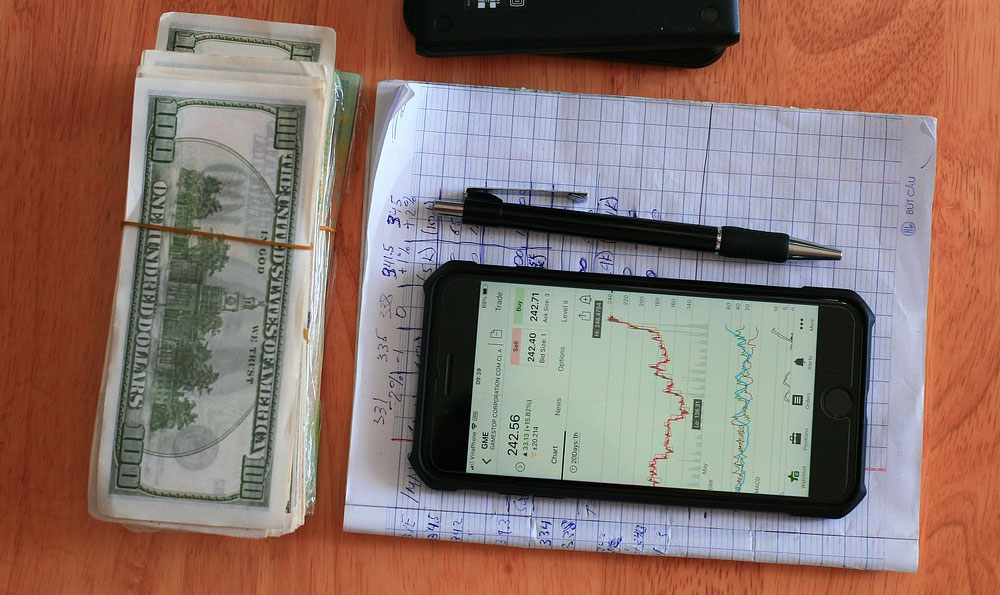
The concept of "investing in the economy" is often tossed around, but what does it truly mean and is it genuinely a sound investment strategy? The answer is nuanced and depends heavily on how one defines "investing in the economy." At its core, investing in the economy implies allocating capital in ways that foster economic growth and prosperity. This can manifest in numerous forms, from supporting local businesses to participating in the stock market, and even contributing to educational initiatives. While the underlying intention is commendable, it's crucial to understand the intricacies and potential risks involved.
One of the most common interpretations of "investing in the economy" is participating in the stock market. By purchasing shares of publicly traded companies, investors provide capital that these companies can use to expand their operations, develop new products and services, and create jobs. Ideally, as the economy grows, companies become more profitable, leading to higher stock prices and dividends for shareholders. This is a classic example of shared prosperity, where investors benefit from the economy's success, and the economy benefits from the capital injected by investors. However, the stock market is inherently volatile. Economic downturns, geopolitical events, and unforeseen circumstances can significantly impact stock prices, leading to substantial losses for investors. Diversification is paramount in mitigating this risk. Spreading investments across various sectors, industries, and asset classes can help cushion the blow from underperforming sectors and capitalize on growth opportunities in others. Furthermore, long-term perspective is crucial. The stock market tends to fluctuate in the short term, but historically, it has shown a consistent upward trend over the long run. Therefore, investors should avoid making impulsive decisions based on short-term market movements and focus on the long-term growth potential of their investments.
Another way to invest in the economy is by supporting local businesses. This can take the form of investing in small business ventures, purchasing goods and services from local companies, or even simply spreading positive word-of-mouth about local businesses. Local businesses are the lifeblood of many communities, providing jobs, driving innovation, and contributing to the overall economic well-being of the area. By supporting them, investors are essentially investing in the future of their communities. However, investing in small businesses can be riskier than investing in large, established corporations. Small businesses often have limited resources and are more vulnerable to economic downturns and competitive pressures. Thorough due diligence is essential before investing in any small business. Investors should carefully assess the business's financial performance, management team, market potential, and competitive landscape. Understanding the risks involved and having a clear exit strategy is also crucial.

Beyond direct financial investments, contributing to education and skills development can also be considered an investment in the economy. A well-educated and skilled workforce is essential for economic growth and innovation. By supporting educational institutions, providing scholarships, or investing in vocational training programs, investors are helping to create a more productive and competitive workforce. While the returns on this type of investment may not be immediately apparent, they can have a significant long-term impact on the economy. A more skilled workforce can attract businesses, drive innovation, and increase productivity, leading to higher wages and a higher standard of living for everyone.
Real estate is another avenue often associated with investing in the economy. Purchasing properties, whether residential or commercial, can stimulate local economies through construction, property management, and related services. Furthermore, as property values appreciate, investors can benefit from capital gains. However, the real estate market is also subject to fluctuations and can be affected by factors such as interest rates, demographic shifts, and local economic conditions. Careful research and analysis are crucial before investing in real estate. Investors should consider factors such as location, property type, market trends, and potential rental income. Additionally, they should be prepared for the costs associated with property ownership, such as property taxes, insurance, and maintenance.
While the idea of investing in the economy sounds appealing, it's vital to acknowledge the inherent risks. Economic cycles are inevitable, and downturns can significantly impact investments. Recessions, inflation, and other economic shocks can lead to job losses, business failures, and market declines. Additionally, government policies, such as tax changes, trade regulations, and monetary policy, can also have a significant impact on the economy and investment returns. Staying informed about economic trends and government policies is crucial for making informed investment decisions.
Finally, the concept of "investing in the economy" is intertwined with the idea of responsible and sustainable investing. This involves considering the environmental, social, and governance (ESG) factors associated with investments. Companies that prioritize sustainability and ethical business practices are more likely to be successful in the long run, as they are better positioned to adapt to changing consumer preferences, regulatory requirements, and environmental challenges. Investing in sustainable companies not only benefits the environment and society but can also generate attractive financial returns.
In conclusion, "investing in the economy" is a multifaceted concept that encompasses a wide range of investment strategies. While it can be a rewarding way to contribute to economic growth and prosperity, it's crucial to understand the risks involved and to diversify investments across various asset classes and sectors. Careful research, due diligence, and a long-term perspective are essential for success. By making informed investment decisions and considering the broader economic and social context, investors can not only achieve their financial goals but also contribute to a more sustainable and prosperous future. Remember, any investment decision should align with individual risk tolerance, financial goals, and time horizon. Seeking advice from a qualified financial advisor is always recommended before making any investment decisions.





